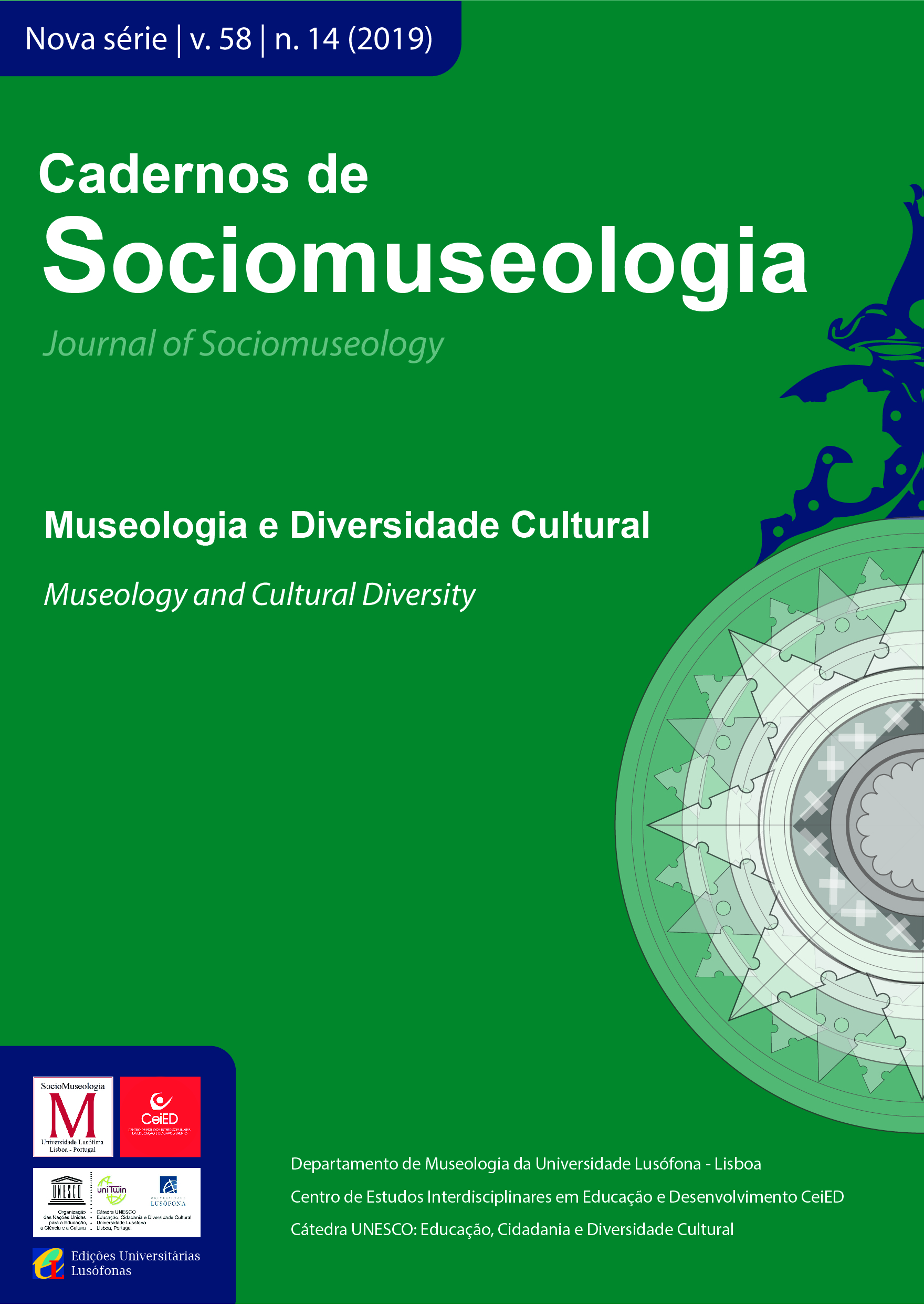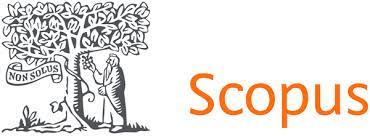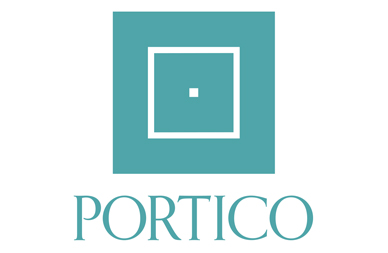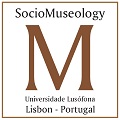Escola Nova and Leontina Busch: School Museums and Historical-Pedagogical Museums in the State of São Paulo between the 1930s and 1970s
Abstract
The reorganization of the Brazilian state in the 1930s was a fertile environment for the advance of new educational politics committed with the novice school movement that glimpsed in the school museum, wide possibilities of instrumentalization of teaching, which facilitated the emergence of several publications within the school. education on the subject, such as the book by Leontina Busch, entitled "Organization of School Museums", and the proposal of the 1930s was redefined in São Paulo in the 1950s with the creation of the state network of Historical-Pedagogical Museums, added in its function of the search for the valorization of the paulista republican imaginary in the interior of the state, network linked to the formal system of basic education of the state government, with low level of autonomy and mechanisms of local and popular participation outside the regular educational institutions, problems added to the process of constitution of collections, specialized training and the difficult of following the processes of accelerated transformation in the field of museology in the 1970s were some of the issues faced by the politic conducted by Vinicius Sten. Based on a consistent bibliographic review, this article attempts to reconstruct this process of connection between school museums and historical-pedagogical museums by the novice school aegis, seeking distances and proximity, advances and setbacks in relation to the establishment of the New Museology in the 1970s.
Keywords: School Museum; Formal Education; Historical-Pedagogical Museum; Regional Museum; Legislation.
Downloads
Authors retain copyright and grant the journal right of first publication with the work simultaneously licensed under aCreative Commons Attribution License that allows others to share the work with an acknowledgement of the work's authorship and initial publication in this journal.













